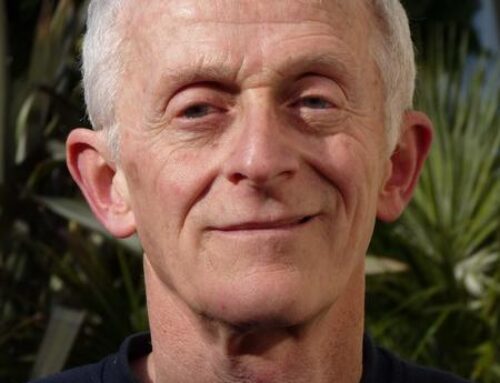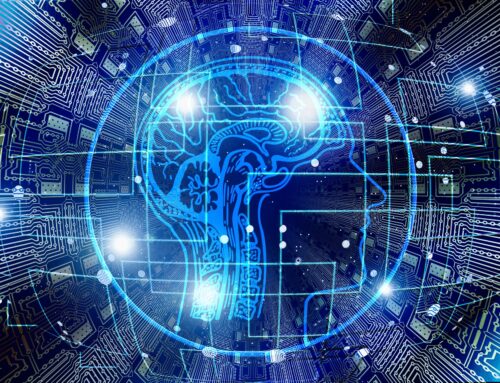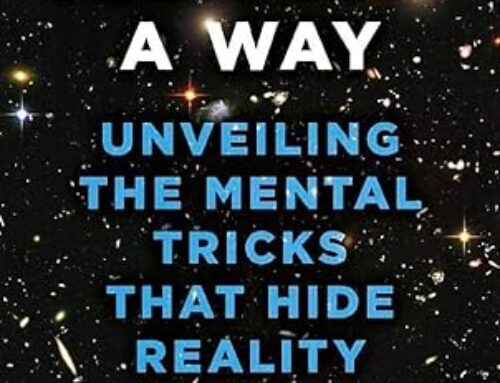Did Buddha’s teachings survive and thrive because he was more attractive or charismatic than most, or because he was a great teacher and a tireless advocate of the poor? Or— and here’s the core question Dean Radin, advisor to the Galileo Commission, will explore in detail— was it because he was an enlightened being with profound insights into the nature of Reality, and because he possessed supernormal abilities? We might ask the same questions about Jesus, Moses, Mohammed, Milarepa, or a host of other historically prominent figures associated with special illumination, wisdom, or grace. Did these people just sport great tans and know how to work a crowd, or did they understand something genuinely deep about the human condition, about consciousness, and about our capacities, that are not yet within the purview of science?
Asking such questions about revered religious icons is asking for trouble, so we may consider a more contemporary figure. The Dalai Lama regularly hosts discussions between scientists and Buddhist scholars as part of an ongoing series of dialogs sponsored by the Mind and Life Institute. Do the scientists who compete for a coveted slot at one of those celebrated meetings secretly believe that the Dalai Lama is a backwards country bumpkin, and they’re just humoring him long enough to get their photo taken with a famous Nobel Laureate so they can post it on their Facebook page? Or does the Dalai Lama know something that science ignores publicly but is fascinated by privately?
This presentation will offer answers to these questions based not on opinion, but on analysis of decades of experimental data collected in dozens of laboratories around the world, and regularly published in scientific journals.


